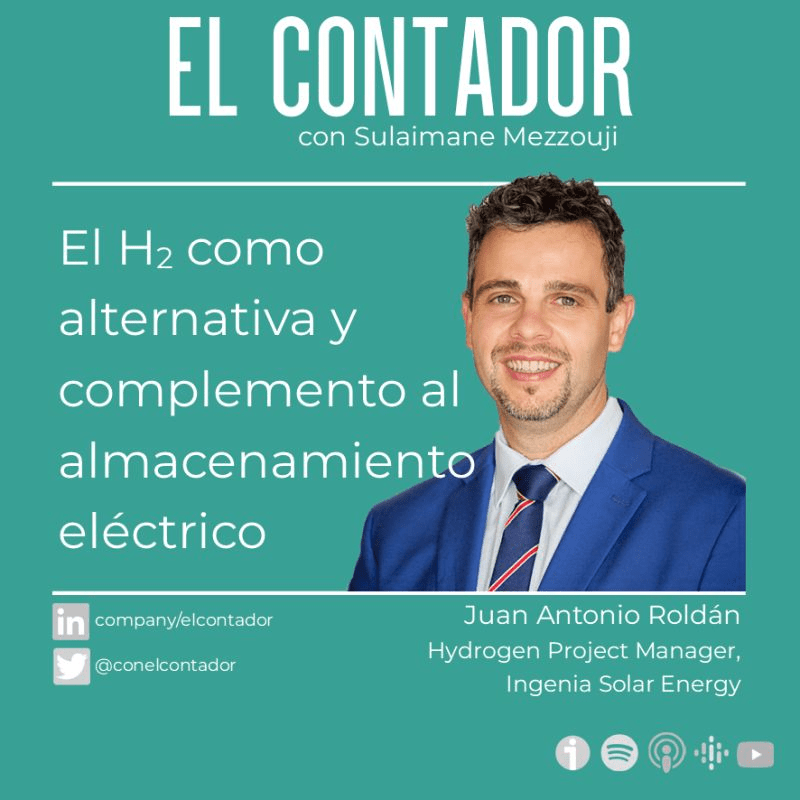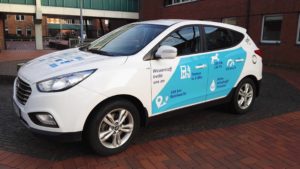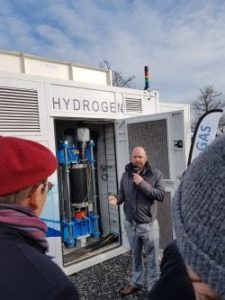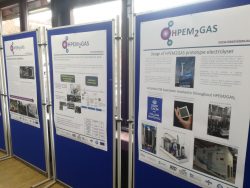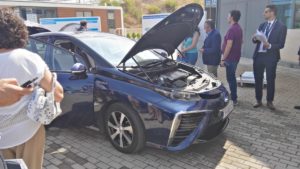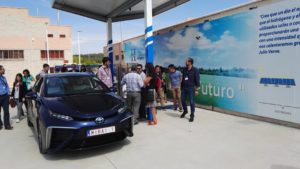Hydrogen VS Electric Batteries
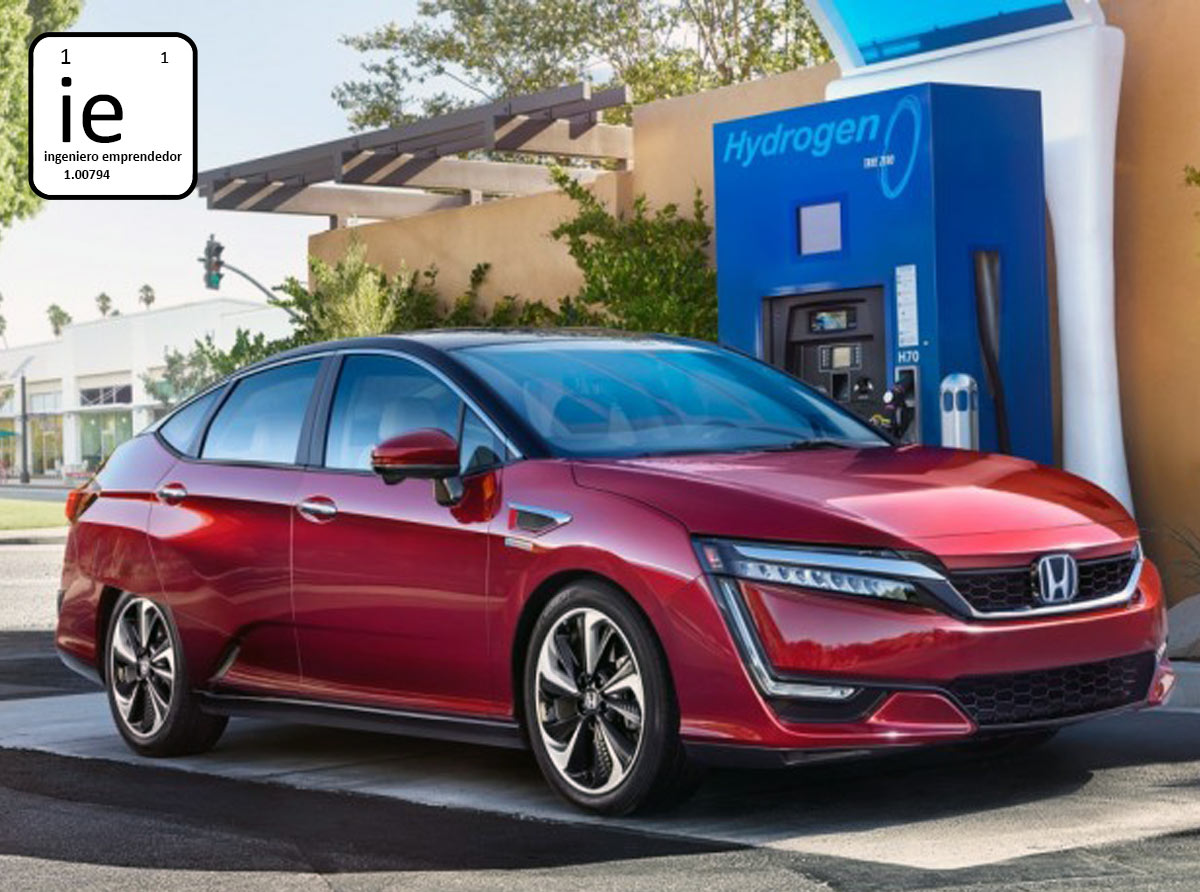
Is there strong competition between hydrogen and batteries?
The Global Report on Automotive 2017, produced by KPGM, gave an interesting report on the future of cars, as I read in this report hydrogen-powered vehicles will be the winners of the ecological fight that is in the industry.
The main drawbacks are:
- The fuel cell of hydrogen advances much more slowly commercially speaking.
- Several electric models already homologate autonomies above 300 kilometers.
- The investment required to take off hydrogen is much higher, and costs are always higher.
These two technologies are in continuous struggle for the hegemony of roads, electric and hydrogen, but there will also be hybrid and electric models with generators as a way to say goodbye to oil, in addition to gas engines and synthetic / biological fuels. Conventional gasoline and diesel have the future more and more of the color of oil. The reasons are mainly environmental, rather than because of a shortage of crude oil.
Increases the capacity of the batteries but the recharge speed does not:
In recent times the autonomies of electric cars are rising considerably. The optimized battery designs achieve more energy density without altering the habitability, trunk or exterior dimensions of vehicles. The homologated autonomies surpass in many cases the 250, the 300 and the 400 kilometers. This autonomy I think is still not enough.
The main problem from my point of view is that the autonomy is very variable according to the conditions of use, the electric motors are “kills” them to reach highway speeds, the maximum efficiency reaches it at low revolutions and low speed. Normally, there is only a change relationship, and it makes no sense to put “marches” on an electric. Basically we were only going to change the acceleration, not the autonomy, and we will add weight and mechanical friction.
The promise of hydrogen:
According to the report, hydrogen is more promising for travel, it is reset in minutes and the autonomies are higher. The main problem with this technology is that everything that sounds like hydrogen is still expensive: cars, fuel cells, “hydrogenerating”, hydrogen production (not running loose), etc. Right now it only makes sense to use hydrogen in very specific areas of the world.
As you can imagine, several companies are pushing, from their own “pocket”, the installation of hydrogeneras to create a network of public refueling. When there is sufficient coverage, the pioneers are encouraged. If not, it is a bit stupid to spend an amount that is equivalent to double or triple of a conventional car that can go anywhere. In most cases, the pioneers now replenish “free”, but pay a considerable monthly fee.
Who will win this competition?:
It seems easier to set up a fast recharge network for electric cars than a hydrogenerate network. For the latter to be faster, the oil industry will have to get into the garlic and anticipate the inevitable, otherwise one day they will have to drink their refined oil. It is not as simple as placing a tank and a couple of pumps, storing hydrogen is complicated and expensive to make it safe. And that is what it is about, that it is safe.
In my opinion they will coexist the two technologies, since both have advantages and disadvantages do not overlap, the electric ones have advantages and those of hydrogen have others. It is clear that for short and medium range an electric will end up being more interesting, especially if the batteries exceed 30-40 kWh capacity and can be recharged 80% in 15-30 minutes. For long distance hydrogen, if costs go down, it will be better than any current diesel.
The results of the report:
To answer the above question, KPMG has conducted an analysis where a thousand executives of automobile companies and 2,400 drivers from 42 different countries showed a curious result:
According to 62% of respondents believe that because of the costs of building refueling infrastructure, electric cars have little chance. On the contrary, 78% believe that hydrogen batteries will be “the advance in energy industry”, since its fast load is very important. However, most warn that this technology is still very recent and its development needs to solve the dilemmas of refrigeration and safe storage.
Another fact is not that for 53% of respondents, diesel vehicles have no future and will be discontinued in a short time.
